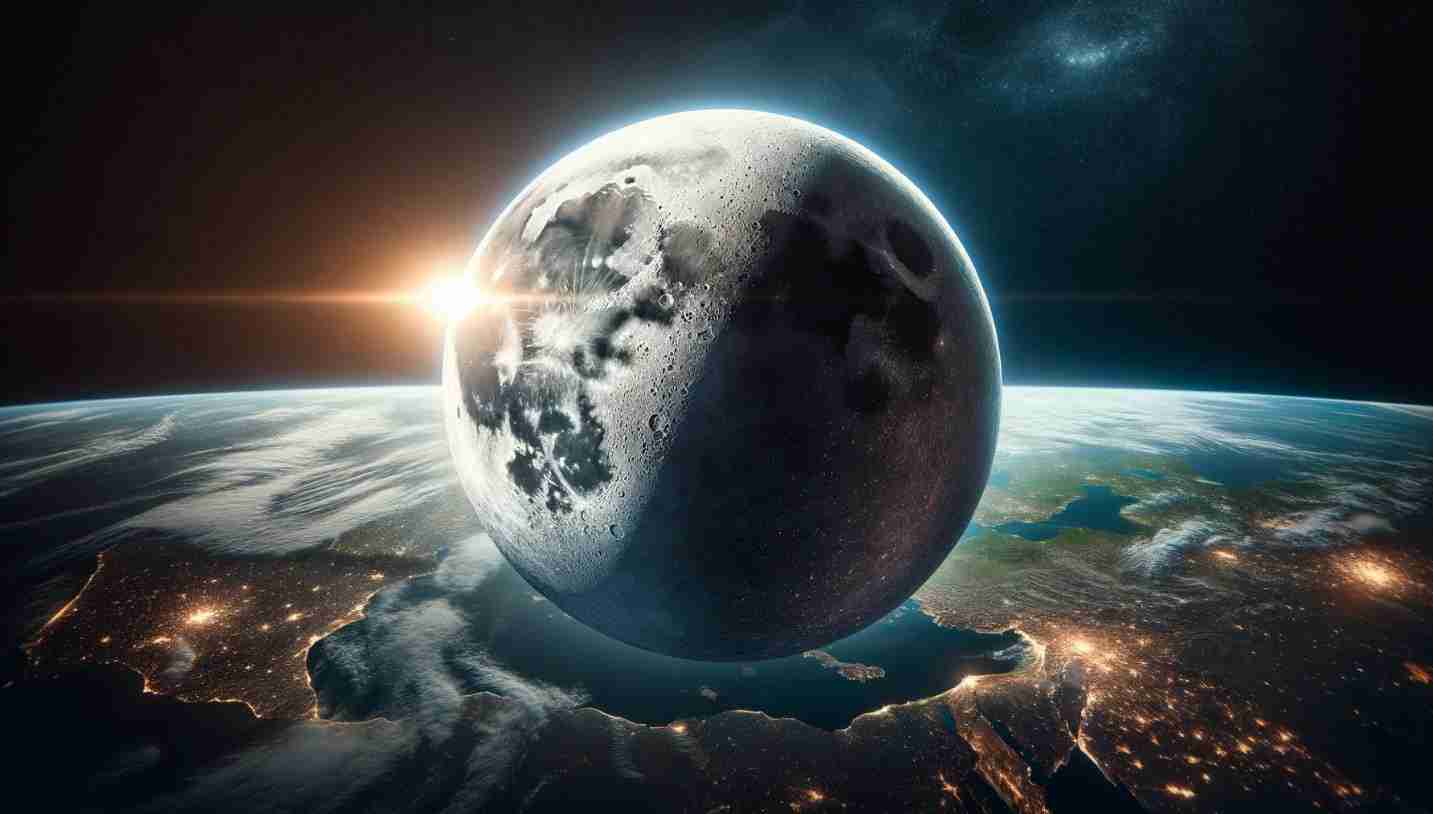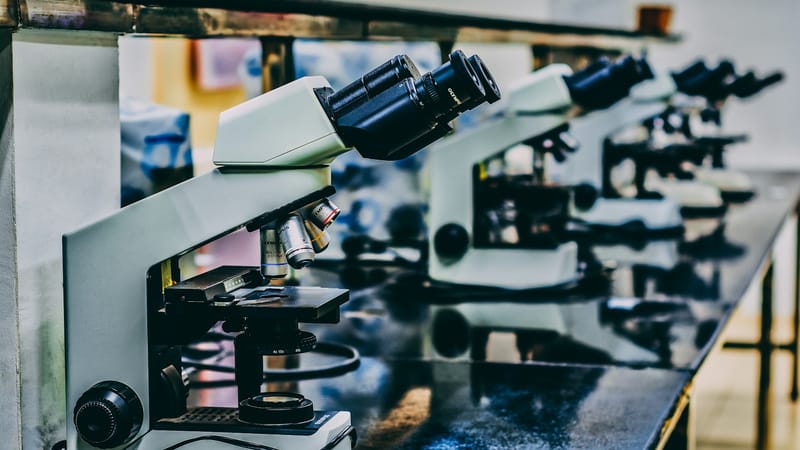Protect the Moon! Astronomers call for preservation as lunar industry is set to boom

The rapidly expanding new space industry has been warned against ruining the moon, with key voices in the international astronomical community calling for its urgent protection.
Moon 'sites of extraordinary scientific importance' (SESIs) described as unparalleled in their scientific value, are now at risk due to the burgeoning interest in lunar exploration by space agencies and private entities, new reports claim.
The far side of the Moon, in particular, is deemed to be a high priority for protection because of its "radio silence" from the earth, which makes it an irreplaceable position for telescopes designed to delve into the depths of the universe and potentially search for extraterrestrial life.
More than 22 missions are slated to land on the Moon by 2026 amidst the new era of space travel, and plans are afoot for permanent lunar bases sometime in the 2030s.
Concerned members of the astronomical community fear overcrowding and interference, particularly regarding the preservation of SESIs.
Potential disturbances include physical damage, dust displacement and the creation of electromagnetic interference - with all of these factors seen as compromising the unique conditions that make these sites invaluable for scientific discovery.
International efforts are now reportedly underway to establish protective measures for such lunar sites.
Proposals include incorporating SESI protection into space policies and forming international agreements to regulate activities on the Moon and envisage the establishment of "safety zones" around scientifically significant sites.
Challenges in reaching a global consensus on lunar activity regulation are seen as a major hurdle.
Explore Bias
Media reports show a tension between the push for national achievements in space exploration and the need for a global approach to protect lunar scientific sites. The influence of private companies' interests in lunar resources and their potential conflict with scientific preservation efforts is another potentially polarising point of debate.
There's a predominant focus on the scientific community's viewpoint, advocating for the protection of SESIs, which may underrepresent the perspectives of the spacefaring nations and private entities planning lunar activities.
Explore More Stories
- "Astronomers Demand Radio Silence at the Moon’s Far Side, But Resistance May Be Futile" - Yahoo News / Gizmodo
- "Astronomers call for ‘urgent action’ to protect the Moon" - Interesting Engineering
- "Bases, experiments, mining: the race to protect the surface of the moon - The Guardian"
- "Astronomers call for radio silence on the far side of the moon" - Space.com
- "Scientists call for protection of moon sites that could advance astronomy - The Guardian"






